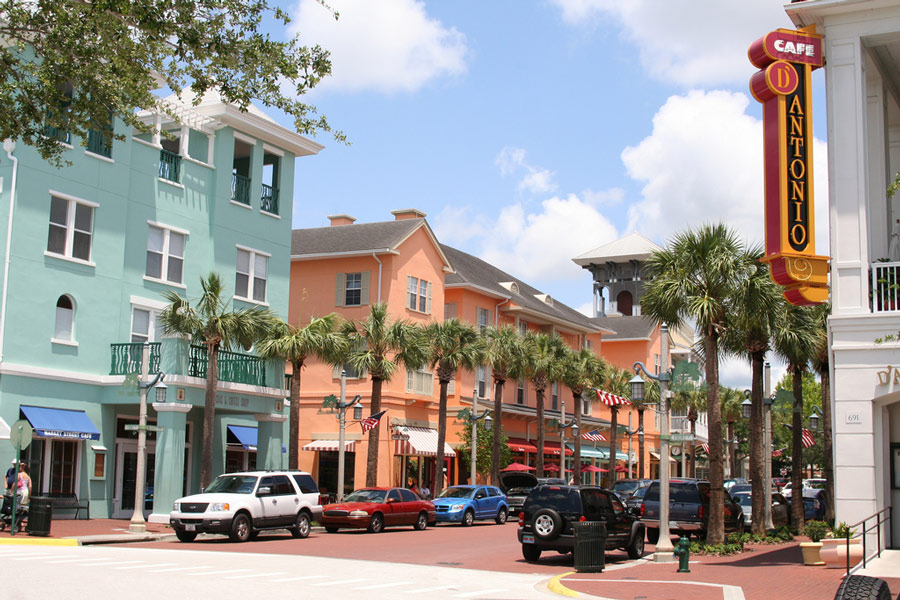Kurt Andersen says the right has now effectively raised two generations of "fair and balanced" Fox-watchers who discount all facts that contradict their opinions. That was a joke, back in grad school: "Discard all facts that dispute your theory," was the parody principle with which we mocked our own earnest seriousness. Now it's evidently the new "norm"... how SAD.
It's evident that the incumbent POTUS understands very little of the machinery and purpose of shared governanace. And yet he seems to have understood "better than almost everybody" that "the breakdown of a shared public reality built upon widely accepted facts" is a golden opportunity for his variety of huckster hustler politics, under cover of the "Don't even think about it..." mantra.
UCONN's Michael Lynch is one of the most astute observers of these truth-discounted times, and of the crucially enabling role played the Internet has played in diluting our commitment to a "shared public reality." In The Internet of Us he writes.
My hypothesis is that information technology, while expanding our ability to know in one way, is actually impeding our ability to know in other, more complex ways; ways that require 1) taking responsibility for our own beliefs and 2) working creatively to grasp and reason how information fits together... greater knowledge doesn't always bring with it greater understanding.We're glutted with information, much of it false or irrelevant, while starving for wisdom and integrity. The "gods of silicon valley" will have much to answer for, if they don't step back from their unexamined support of authoritarianism in the public sphere (gathering and disseminating user data for the benefit of self-interested politicians, providing a ready and eagerly-neutral platform for all kinds of misinformation and outright lies, etc.)
But there's good news: it can't get much worse, we're surely at Peak Fantasy now. Aren't we?
The final installment of American Philosophy: A Love Story reveals William Ernest Hocking's possibly illicit fantasy love interest, the Nobel novelist Pearl S. Buck. She declared herself "weary unto death" of proselytizing hypocritical American fundamentalist missionaries in China. Much like Barbara Kingsolver's later tale of missionaries in the Congo, she thought the do-gooders did far more harm than good when condescending to their "lost sheep." We'd all do better to listen and learn what we can from one another, rather than trying so hard to win converts to our own POV.
Gabriel Marcel was the French Existentialist (and fan of Hocking) who, contrary to the more prominent rockstars Sartre, de Beauvoir, and Camus, did believe in God. He said “life is not a problem to be solved but a mystery to be lived." Can't it be both? But he and his atheist counterparts did agree was that philosophy must begin in actual human experience and "the concrete stuff of life," not in airy theoretical abstractions.
The dead are gone, in body, and many of us also doubt their presence in any form of supernatural spirit. But their memories, legacies, and (for those who committed their thought to print) words may persist. Is it some sort of ancestor cult that engages those thoughts and continues the conversation with the old dead philosophers?
No. We mustn't worship them, but why wouldn't we want to conduct a virtual dialogue with the wisest of the dead? Human finitude may be tragic but it needn't be a total loss. The dead and the living may continue to commune together. What else is a library but a gathering place for secular (though in its bibliophilic/philosophic way sacred) communion? Kaag's response to Royce's last written words is quite poignant on this point.
John Kaag ends his book where he began it, retutrning to the question of whether life is truly worth living. How do you "live a creative, meaningful life in the face of our inevitable demise"? His answer may strike some as disappointingly equivocal. It's been suggested that "maybe" is not so good an answer to that question as "possibly," with the latter's emphasis more hopeful and encouraging.
John Kaag ends his book where he began it, retutrning to the question of whether life is truly worth living. How do you "live a creative, meaningful life in the face of our inevitable demise"? His answer may strike some as disappointingly equivocal. It's been suggested that "maybe" is not so good an answer to that question as "possibly," with the latter's emphasis more hopeful and encouraging.
That's as may be, but the publication of Kaag's latest book Hiking With Nietzsche: On Becoming Who You Are gives strong indication that his "maybe" is as positive an affirmation as can be. As Nietzsche expressed it: "The formula of my happiness: A Yes, a No, a straight line, a goal." And as Viktor Frankl quoted Nietzsche in Man's Search for Meaning, "He who has a why to live can endure almost any how." The peripatetic life is the how of choice, for Kaag as it was for Nietzsche (who said all great thoughts are conceived while walking). "Walking is among the most life-affirming of human activities. It is the way we organize space and orient ourselves to the world at large. It is the living proof that repetition--placing one foot in front of the other--can in fact allow a person to make meaningful progress." Emerson, who was one of Nietzsche's heroes, agreed. "Each soul, walking in its own path, walks firmly..." So: walk your path.
And finally, as Kaag puts it in the last paragraph of his Acknowledgements, the project at West Wind, the recovery of love and purpose, and especially the birth of his daughter have all converged to restore for him the "zest" the makes life so very worth living. Zest awaits us all. Even in Fantasyland.

